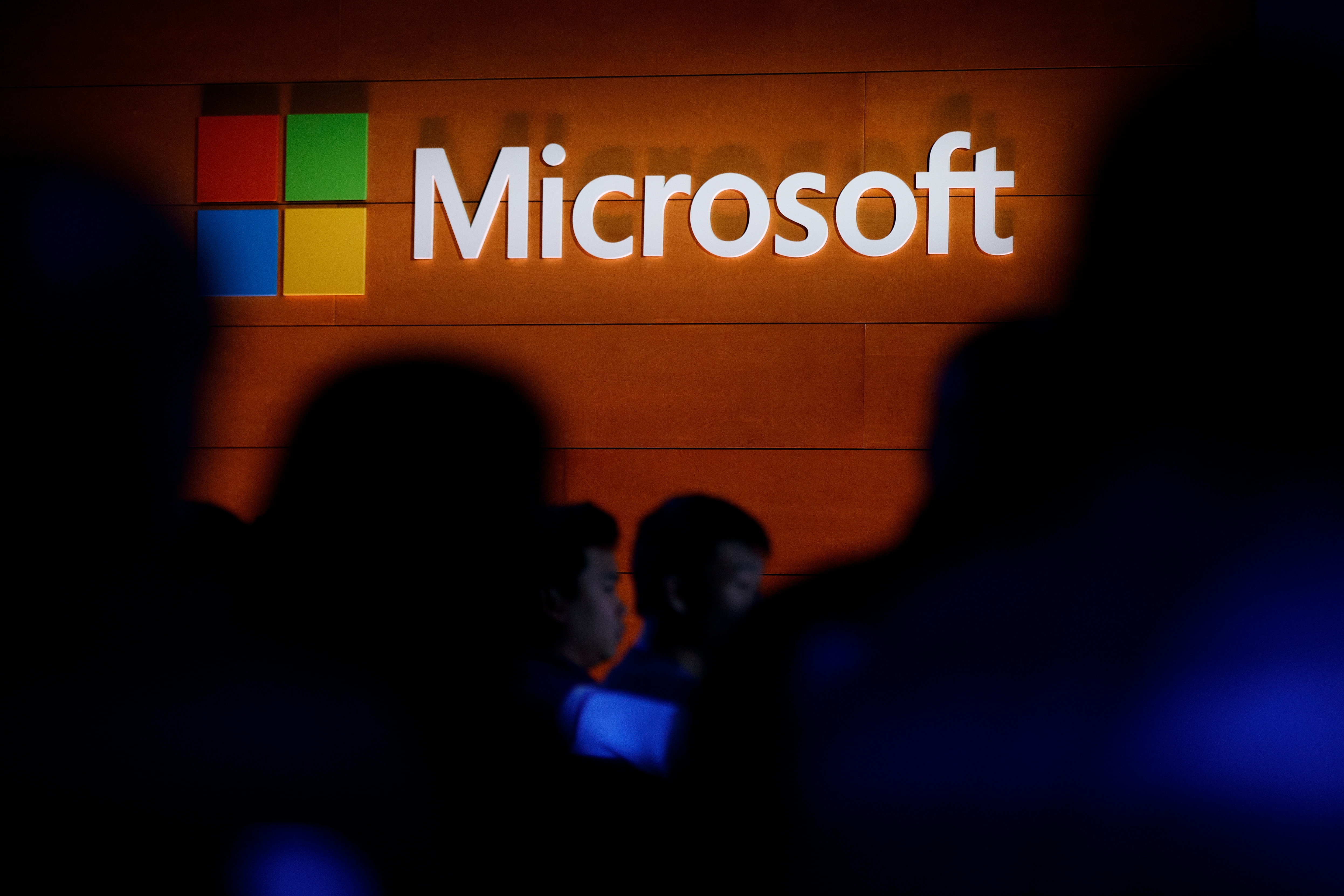Is Microsoft out of ideas?
Its latest lackluster Surface event makes it difficult to be optimistic


A free daily email with the biggest news stories of the day – and the best features from TheWeek.com
You are now subscribed
Your newsletter sign-up was successful
I have always felt like Microsoft is a bit of an underdog. Yes, I know, the company was sanctioned by the government for monopolistic practices, and yes, it is also now worth almost $900 billion. Scrappy upstart it is not. But in the consumer tech world, its reputation and standing were severely damaged by the arrival of the smartphone era and Apple and Google's eventual dominance. As the world moved to mobile, Microsoft started to look irrelevant.
It's why I've always had a soft spot for the Surface line, which got some updates this week. When it first launched, the line encountered disaster: The first model failed and the company faced a $900 million write-down as a result. But the Surface brand has come a long way since then. The computers are innovative, well-designed, and well-reviewed, and also are a tidy billion-dollar-a-quarter business. It's a genuine comeback story, and a large part of why Microsoft is once again considered a viable consumer presence.
But as Microsoft's Panos Panay took to the stage this week, speaking with his trademark hyperbole, the sense of optimism that once surrounded the Surface line seemed to be missing. The new Surface updates are relatively minor, and the models remain mostly unchanged. Microsoft itself was self-conscious about the stagnation — the event wasn't even livestreamed. This all hints at a broader problem: Unless Microsoft makes huge changes, it's just not clear where the Surface products can go next.
The Week
Escape your echo chamber. Get the facts behind the news, plus analysis from multiple perspectives.

Sign up for The Week's Free Newsletters
From our morning news briefing to a weekly Good News Newsletter, get the best of The Week delivered directly to your inbox.
From our morning news briefing to a weekly Good News Newsletter, get the best of The Week delivered directly to your inbox.
The point of the Surface was always to innovate new product categories and showcase the best of the Windows ecosystem. In that sense, Microsoft has been comparatively successful. Once the Surface Pro hybrid laptop/tablet hit its stride on the third try, Dell, HP, Lenovo, and other companies all created their own versions, and the rise of 2-in-1 laptops even helped stop the slide in PC sales. Arguably, even Apple was forced to react, launching the iPad Pro. If the goal was to influence the industry, Microsoft certainly succeeded.
But the latest updates seem, well, gimmicky. The company announced some rather expensive headphones. The slick Surface Studio all-in-one is getting more power and a better screen. And the hybrid Surface Pro and standard Surface Laptop are getting upgrades to the newest processors, while Microsoft also made a big deal of the fact that the Pro and Laptop now come in black. Improvements that power-users have long desired — the newer USB-C standard, for example — are missing. In other words, these updates were a disappointment.
Meanwhile, computing is moving ever more towards a vertically integrated ecosystem model: Devices from Apple or Google all work together relatively seamlessly. But Microsoft is missing this crucial piece. It lacks a mobile solution after the collapse of Windows Phone, and worse still, development on Windows seems to have stalled. The very adaptability of the Surface Pro that allowed it to seamlessly switch between laptop and tablet has now been severely undercut by Windows 10's abysmal tablet mode, which has hardly evolved at all in two years. Microsoft's app store is still a wasteland, making the vaunted advantage of touch seem like a bit of pyrrhic victory. Microsoft's other consumer efforts, like its Cortana voice assistant or its media services, seem to have been left by the wayside, now far outclassed by competitors.
It's a strange situation. Surface hardware is phenomenal, well-crafted, and even enviable. But the lack of a clear consumer vision from Microsoft is troubling. The company is clearly trying to improve, but it also seems to be trying to jerry-rig a solution to a problem that Apple and Google have already identified and solved.
A free daily email with the biggest news stories of the day – and the best features from TheWeek.com
Lackluster updates for the Surface line are in and of themselves far from death knells; Apple, Samsung, and other competitors are all spinning their wheels a bit with their flagship products as they figure out the next big thing. And Microsoft isn't without a plan — a rumored project called Core OS promises to remove the legacy cruft from Windows and introduce a modern operating system that will work on a variety of platforms: hybrids obviously, but also augmented reality, digital whiteboards like the Surface Hub, and possibly even a foldable mobile device. That sounds promising, but it's also extremely niche and far-fetched.
Given the way Windows 10 and other consumer efforts have languished at Microsoft, some skepticism about the company's ability to pull off the next big thing is warranted. The new Surfaces might look very slick in that deep, murky black, but the future for the brand may well be just as dark.
Navneet Alang is a technology and culture writer based out of Toronto. His work has appeared in The Atlantic, New Republic, Globe and Mail, and Hazlitt.
